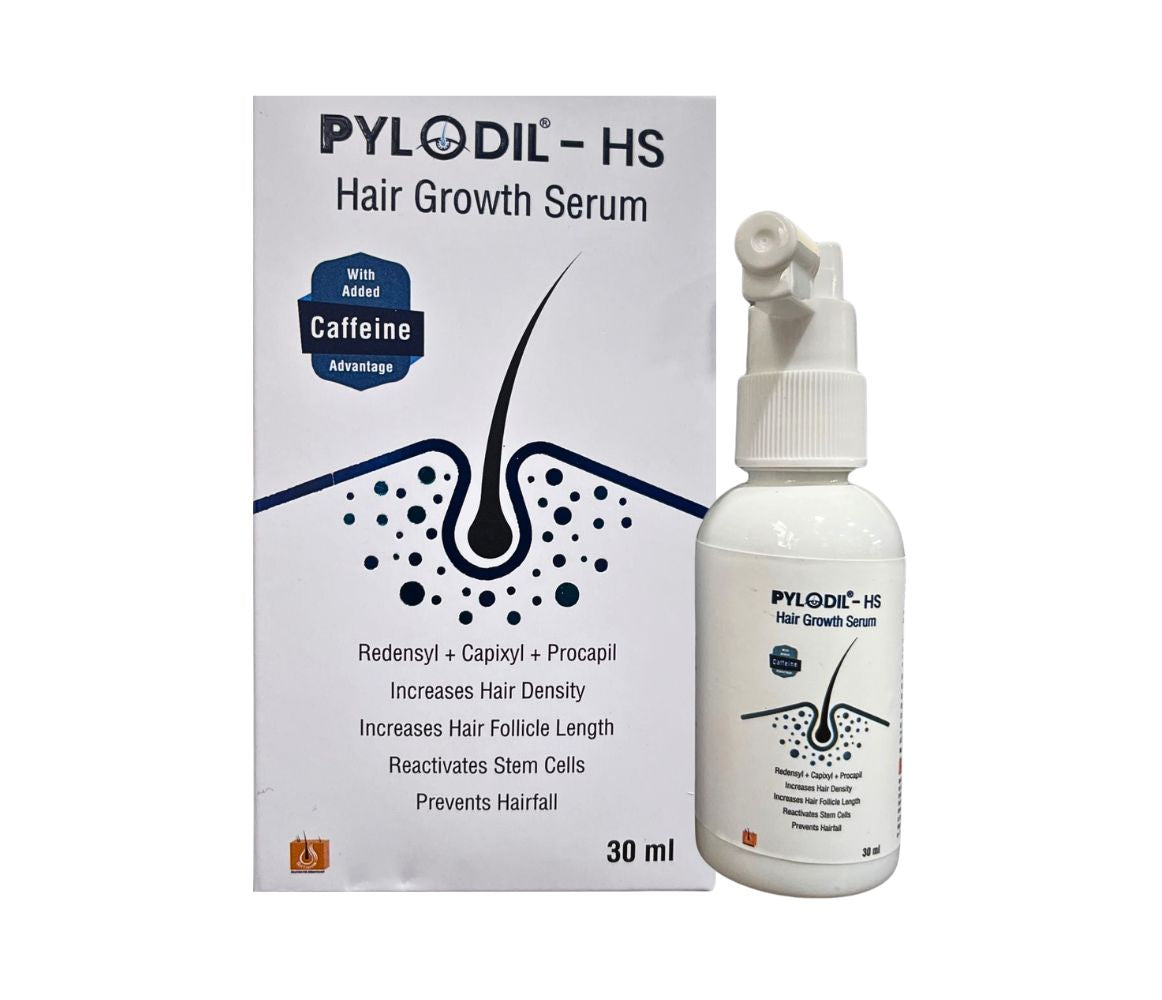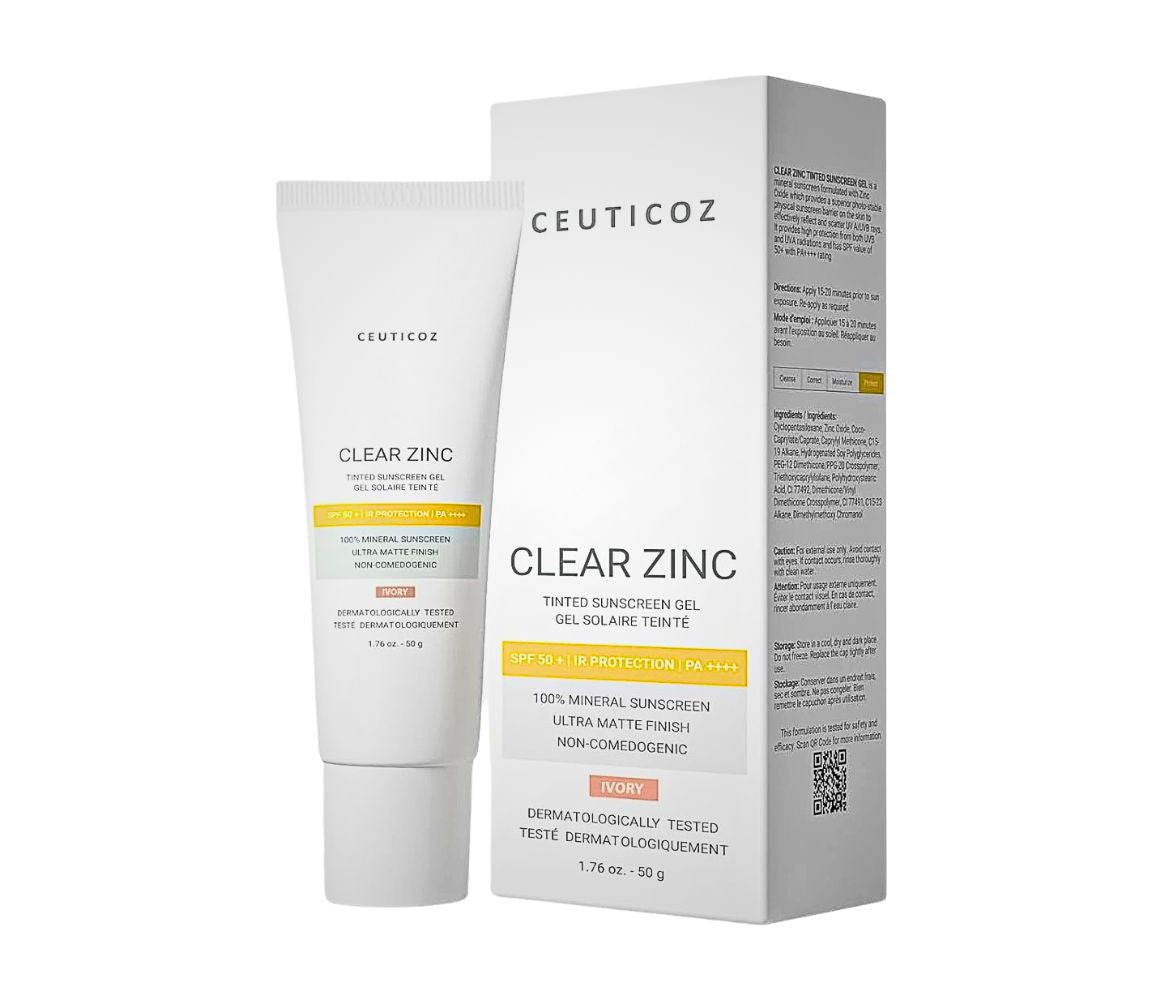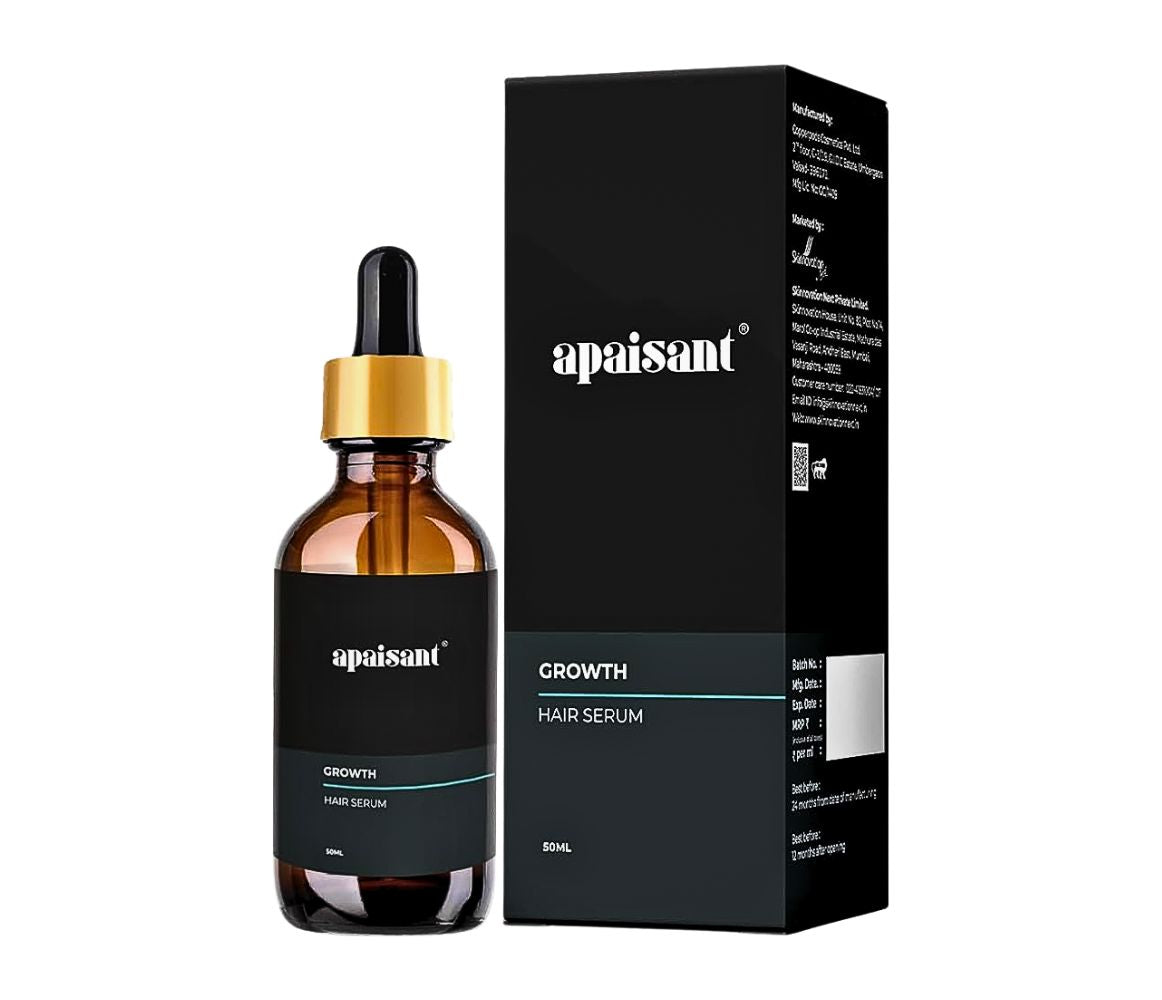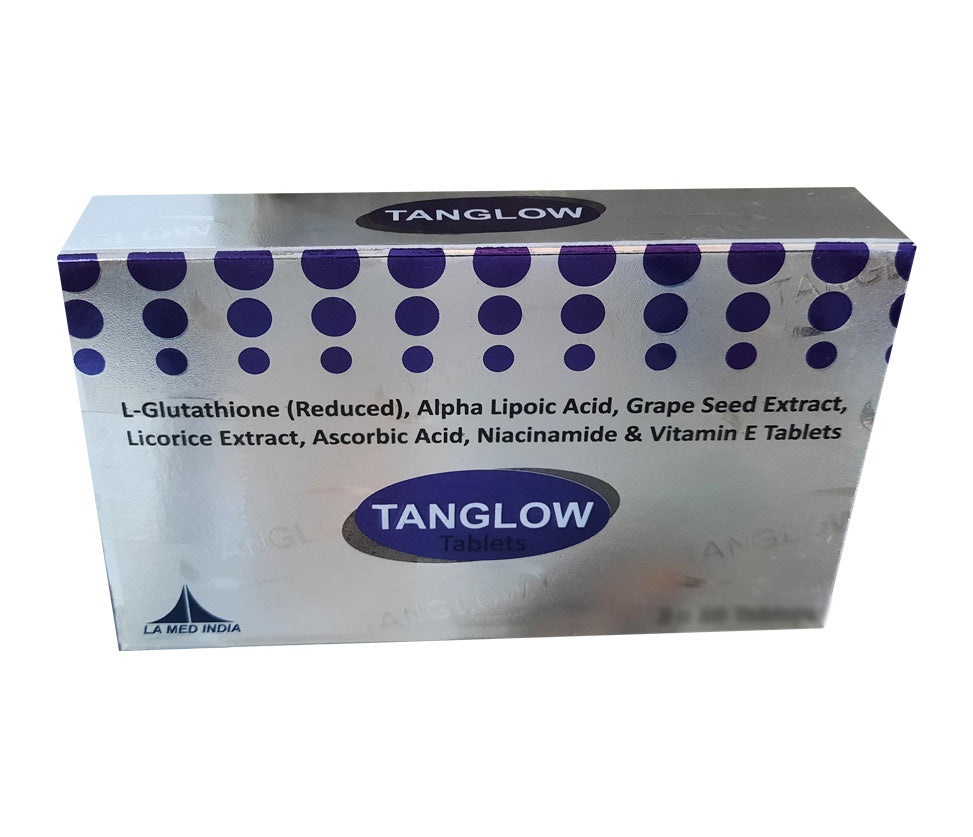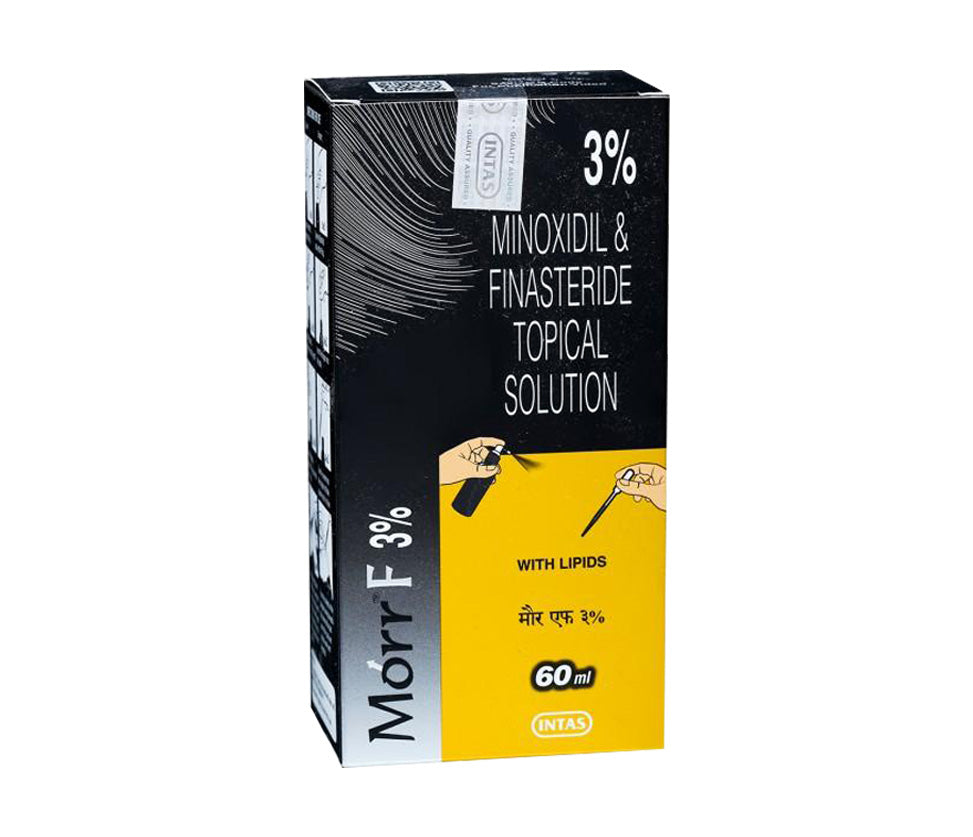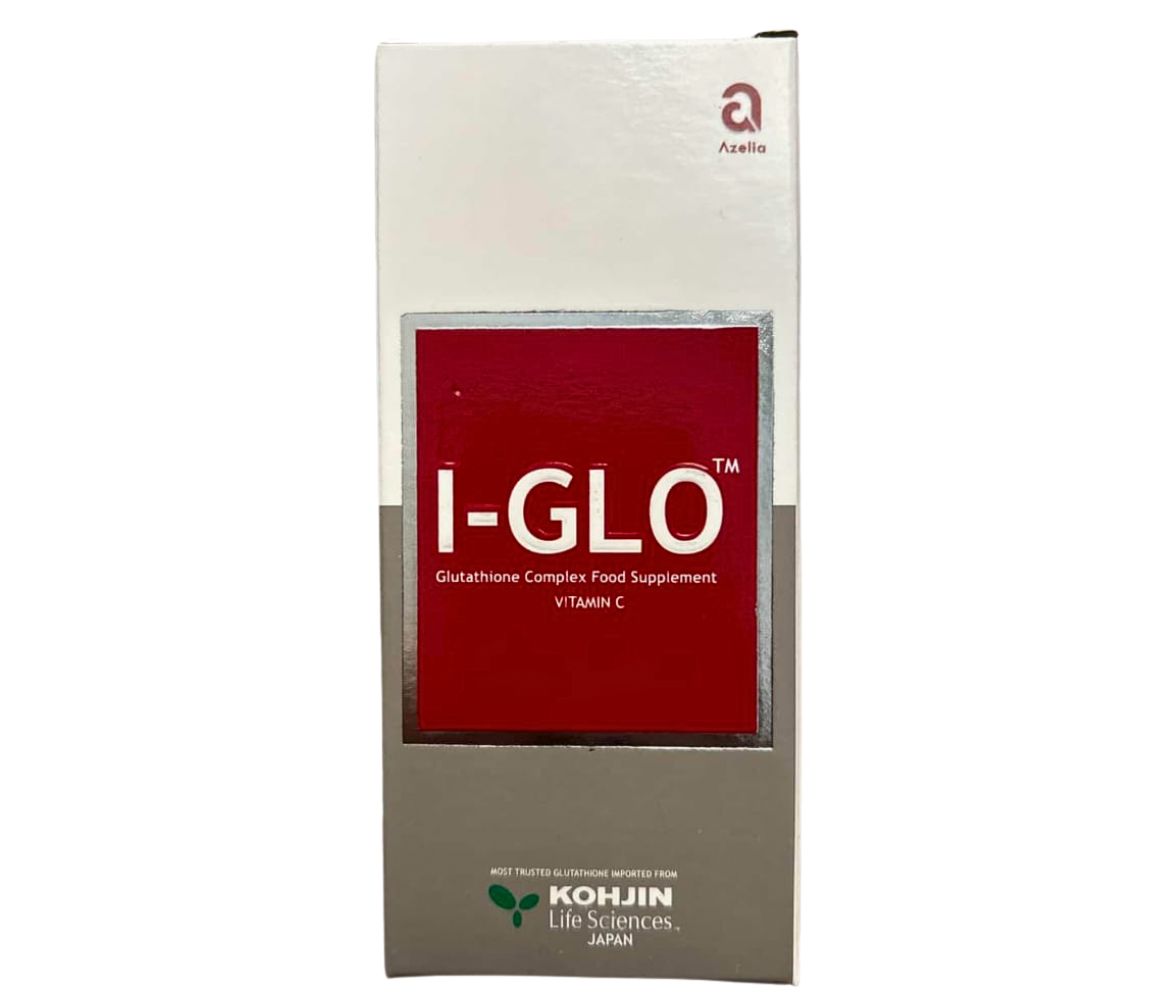What Are Active Ingredients and Why Should You Care?
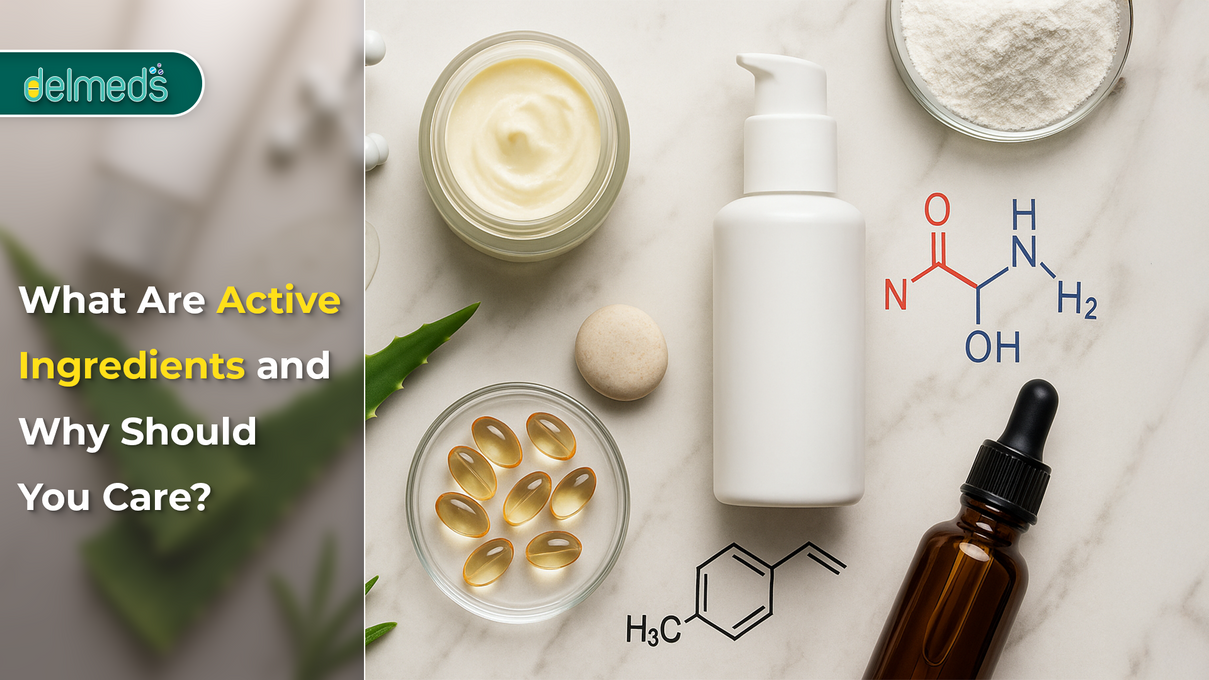
We’ve all been there—standing in front of a shelf full of skincare products or scrolling through a website with words like “salicylic acid,” “niacinamide,” “azelaic acid,” and “retinoids” flashing before our eyes. These are what the skincare industry refers to as active ingredients. But what do they actually mean for your skin or scalp? And why should you pay attention to them instead of just going by “for glowing skin” or “for hair fall”?
If you’re curious about what makes a skincare product actually work, this guide is for you. We’ll break down what active ingredients are, why they matter, and which dermatologist-trusted products (available on DelMeds) you can count on for real results.
So, What Exactly Are Active Ingredients?
In simple terms, active ingredients are the components in skincare or haircare products that are proven to deliver results. They’re not there just to make your skin feel soft or your hair smell good—they’re there to treat specific concerns like acne, pigmentation, dandruff, sun damage, hair fall, or sensitivity.
These ingredients are typically supported by clinical research and often recommended by dermatologists for addressing medical-grade concerns. Think of them as the “working engine” of your skincare.
The Difference Between Actives and Everything Else
Most cosmetic or personal care products contain base ingredients, such as emulsifiers, thickeners, or fragrance agents. These create the texture, feel, and look of a product. But it’s the active ingredients that actually do the heavy lifting.
For example:
-
A face wash may contain aloe vera (soothing), but it’s the salicylic acid in it that clears up your acne.
-
A sunscreen may feel great on the skin, but it’s the zinc oxide or avobenzone that blocks the UV rays.
Why You Should Care About Actives
Because not all products are created equal.
When you’re investing time and money into skincare or haircare, you want products that are more than just “feel good.” You want them to deliver visible results.
Understanding activities helps you:
-
Choose products based on your skin or scalp concern
-
Avoid ingredients that might irritate your skin.
-
Combine products the right way (e.g., not layering acids)
-
Know how long to wait before you see results.
Let’s Talk About Some Hero Active Ingredients (And Where to Find Them)
Here are the most effective actives in dermatology—and where you’ll find them inside DelMeds' curated collection.

1. Salicylic Acid
What it does: A beta-hydroxy acid (BHA) that penetrates deep into pores, dissolving oil, and unclogging sebum. It’s a game-changer for acne-prone or oily skin.
Find it in:
Meconus Acnola Acne Face Wash
This gentle yet powerful cleanser combines salicylic acid with niacinamide to reduce breakouts and calm inflammation, making it perfect for daily use.

2. Niacinamide
What it does: Also known as Vitamin B3, it helps reduce redness, minimise pores, regulate oil, and fade hyperpigmentation.
Find it in:
Fixderma Skarfix TX Cream
Great for those tackling dark spots or uneven skin tone, this cream uses a blend of niacinamide and other actives to target melasma and post-acne scars.
3. Climbazole
What it does: An antifungal agent that works wonders for dandruff and fungal-related scalp issues.
Find it in:
SORG Dandruff Control Hair Serum
Backed by 2% Climbazole, this lightweight serum soothes the scalp, reduces flakes, and prevents recurrence.
4. Azelaic Acid
What it does: Known for its anti-inflammatory and antibacterial properties, it’s great for rosacea, acne, and pigmentation.
Find it in:
Regium Epiligium HQ Gel
This gel combines azelaic acid, hydroquinone, and glycolic acid to combat pigmentation, scarring, and post-inflammatory discolouration.
5. Zinc Pyrithione & Ketoconazole
What they do: These two antifungal and antibacterial agents are staples in dermatologist-prescribed dandruff solutions.
Find it in:
Ora Expert Dandruff Control Shampoo
If you’ve been struggling with chronic flakes or an itchy scalp, this shampoo tackles the root cause with science-backed ingredients.
6. Sunscreen Filters (Titanium Dioxide, Zinc Oxide)
What they do: Protect your skin from UVA/UVB damage, pigmentation, and premature ageing.
Find it in:
Aclaris Photon Tint 360 SPF 50 Sunscreen
A tinted sunscreen that not only protects but also evens out your skin tone without the dreaded white cast.
How to Use Active Ingredients Safely
Active ingredients are powerful, which means they also require responsible usage. Here’s how to integrate them safely into your routine:
Start Slow
If you're new to acids or retinoids, start with 2-3 times a week and gradually increase the frequency.
Don’t Mix Everything at Once
Avoid layering ingredients like AHAs + retinol or vitamin C + niacinamide unless you’re following expert advice.
Always Moisturize
Some actives can cause dryness, so always follow up with a barrier-protecting moisturiser.
Never Skip Sunscreen
Using actives makes your skin more sensitive to the sun. Daily SPF is non-negotiable.
When Will You See Results?
This is where many people go wrong. Actives are not magic potions—they need consistency. Most ingredients take:
-
2–4 weeks for texture improvement
-
6–8 weeks for acne and oil regulation
-
3+ months for fading pigmentation or improving hair density
Final Word: Know What You’re Putting On Your Skin
In a market full of fancy packaging and vague claims, understanding active ingredients gives you control. You're not just buying skincare—you’re choosing science-backed care that’s made to work.
The best part? You don’t have to guess. Platforms like DelMeds make it easy to find dermatologist-recommended products with clearly listed actives, made for real skin and scalp concerns.
So next time you pick a product, flip that label and look past the marketing. Find the ingredients that actually do something, and your skin (and hair) will thank you for it.
DISCLAIMER : This website provides general information for educational purposes only and should not be considered a substitute for professional medical advice, diagnosis, or treatment. Always seek the guidance of a qualified healthcare professional with any questions you may have regarding a medical condition. Do not disregard professional medical advice or delay seeking it because of information you've read on this website. Your health is important – when in doubt, consult a doctor.

